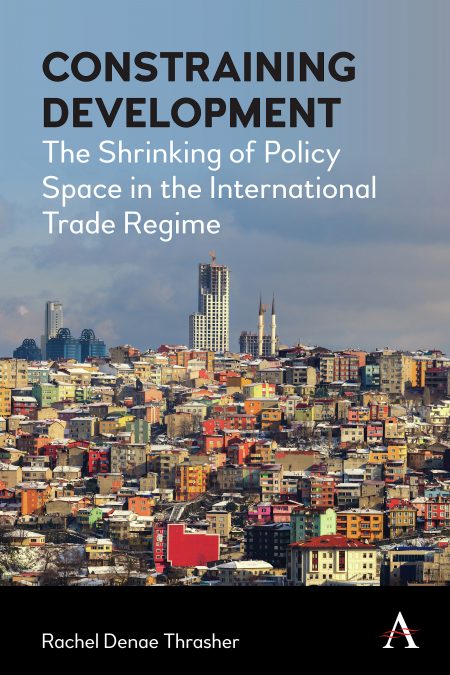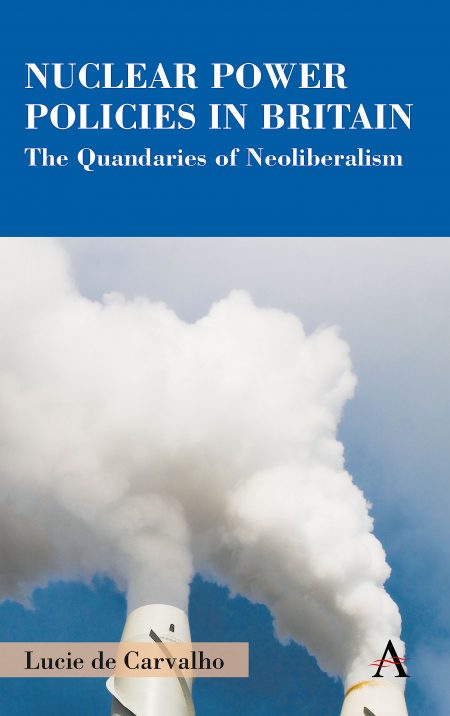Authoritarian Collectivism and ‘Real Socialism’
Twentieth Century Trajectory, Twenty-First Century Issues
Jose Mauricio Domingues
Select Format
Title Details
- ISBN: 9781839980770
- January 2022
- Pages: 96
- Imprint: Anthem Press
The book discusses so-called real socialism and offers an alternative conceptualization of it as authoritarian collectivism, making use of an analytical and developmental methodology, that is, presenting it in categorical terms as well dwelling on its genesis, development and demise. The political dimension stands out in the conceptual articulation, with ‘democratic centralism’ and the prominence of the Communist Party, working from the top down. The book concentrates on the principles of ‘real socialism’, particularly in the Soviet Union but also globally, analysing also its present embrace of capitalism, particularly in China, but also elsewhere, taking account of how those political principles remain however in place today. A new civilization was intended, which was supposed to be the first step in the journey towards communism, leading however to an oppressive sort of state/society articulation and to new forms of hierarchy and appropriation of material benefits by the political upper layers.
The historical genesis of Soviet ‘socialism’, through Stalinism and to post-Stalinism, furnished the model to be analysed, but its global spread in China, Vietnam, Africa, Cuba and elsewhere enriched the original experience, but at its core the political system and the state structure that allowed for the prominence of a powerful and exclusivist political bureaucracy was always reinstated. The failure of the system – economically and politically – to withstand the competition which the liberal and capitalist world sustained led to its disappearance in the Soviet Union and other countries or to a transformation that brought back capitalism, which is now combined with the former political structure. China is the foremost example of this new reality, which is however reproduced elsewhere.
The book closes with a discussion of the motivation of revolutionary actors, including communism, anti-colonialism and nationalism, the role of unintended consequences in history and what emancipation and socialism might mean today.
José Maurício Domingues has a PhD in Sociology from the London School of Economics. He teaches at UERJ (Brazil) and he received the Annelise Mayer Research Award of the Humboldt Foundation in 2018.
Introduction; 1. Authoritarian Collectivism and the Political Dimension; 2. Political Command: The Elementary ‘Cell- Form’; 3. The Party- State and Political Commands; 4. The Law, Rights and the Judiciary; 5. The Nomenklatura: Political Power and Social Privilege; 6. Political Systems and Political Regimes; 7. Developmental Trends; 8. Authoritarian Collectivism and Capitalism Today; 9. Socialism and Communism; 10. Looking into the Future; Notes; References; Index.
Related products
-
International Scientific Relations
Science, Technology and Innovation in the International System of the 21st Century
Francisco Del Canto Viterale
August, 2021
£125.00 / $125.00 -
Sophisticated Interdependence in Climate Policy
Federalism in the United States, Brazil, and Germany
Vivian E. Thomson
February, 2014
£115.00 / $115.00 -
Legal Identity, Race and Belonging in the Dominican Republic
From Citizen to Foreigner
Eve Hayes de Kalaf
foreword by Junot DíazNovember, 2021
£125.00 / $125.00 -
Constraining Development
The Shrinking of Policy Space in the International Trade Regime
Rachel Denae Thrasher
July, 2021
£125.00 / $125.00 -
Nuclear Power Policies in Britain
The Quandaries of Neoliberalism
Lucie de Carvalho
October, 2022
£125.00 / $125.00 -
British Foreign Office Documents on the Macedonian Question, 1919-1941
Edited by Ilko Drenkov
consultant editor Ivan Metodiev Petrov, Lynnette G. LeonardMarch, 2021
£125.00 / $125.00








